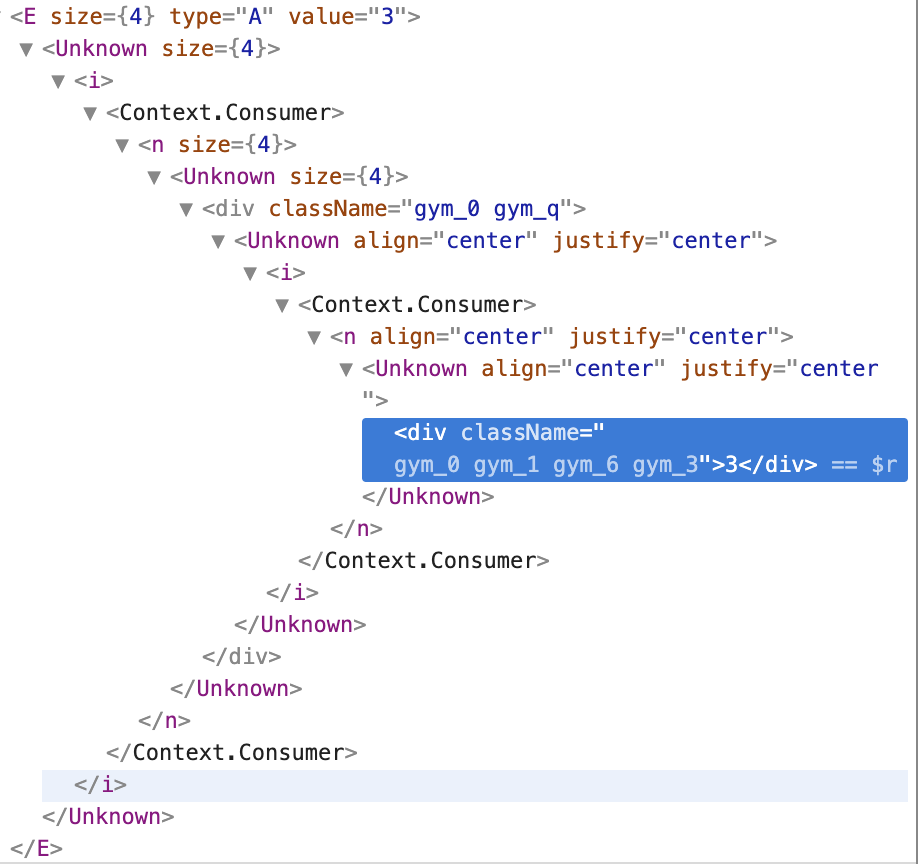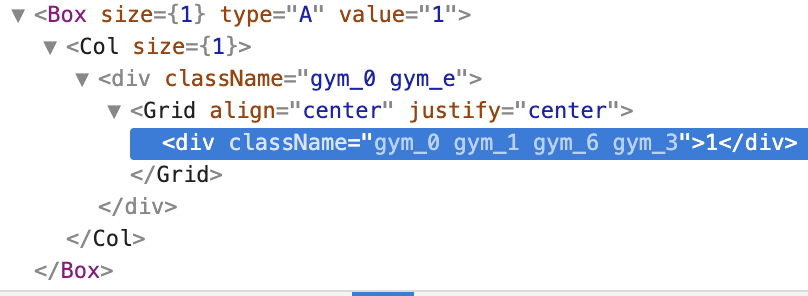Migration Guide v16 to v17
This is a migration reference from gymnast 16 to 17.
Gymnast 17 is a complete re-write of Gymnast 16, removing unused features, simplifying the codebase and updating dependencies and approach.
As such there are significant breaking changes and some feature improvements.
Unused components like <Layout />, <Root />, <Offset /> and <Dev /> have been removed and remaining HOC's have been replaced with React Hooks.
If you prefer to use a HOC, you'll have to create your own but leveraging the new exports make this easier. For instance, former asGrid HOC could be reimplemented as:
export default function asGrid(Component, displayName = 'Grid') {
const forwardRef = React.forwardRef((props, ref) => {
const [shouldShow, resolvedProps] = useGrid(props)
return shouldShow ? <Component ref={ref} {...resolvedProps} /> : null
})
forwardRef.displayName = displayName
return forwardRef
}
Grid / Col
refs
innerRef has been replace with ref since it now leverages ref forwarding.
Justify / Align
Values top and left have been replaced with start and bottom and right have been replaced with end.
This is to ensure gymnast API matches flexbox more closely. It also enables defining flex-direction as either row or column through the new direction property.
If using typescript the errors should be highlighted. If that's not the case you can look for instances of align= and justify= to ensure they have the updated values set.
The new exported type AlignValues is used for both align and justify properties, matching the CSS Spec terminology. It replaces former AlignGrid and Justify types.
GymnastProvider
ConfigProvider has been renamed to GymnastProvider so that it's clear to which library it belongs to when consumed externally.
GymnastProvider is still optional (only needed when wanting to customize settings globally).
Fallback Key
The fallback key is used when setting properties for different resolutions. E.g.:
<Grid size={{ small: 3, default: 2 }} />
That applies size 2 on all resolutions except on small size, where value will be 3.
In previous versions of gymnast, the key used for the fallback value was customizable through the gymnast provider.
Starting on version 17, that property still exists but is always set to default.
Debugging
One common complain of gymnast 16 was the high number of HOC's it used made debugging React applications that made liberal use of <Grid /> difficult. This was problematic because ideally, <Grid /> would replace all usage of <div /> within an app.
For a component that nested a <Col /> and <Grid /> the React tree would look something like:

gymnast v16
By leveraging hooks instead of HOC's, it's now terser:

gymnast v17
